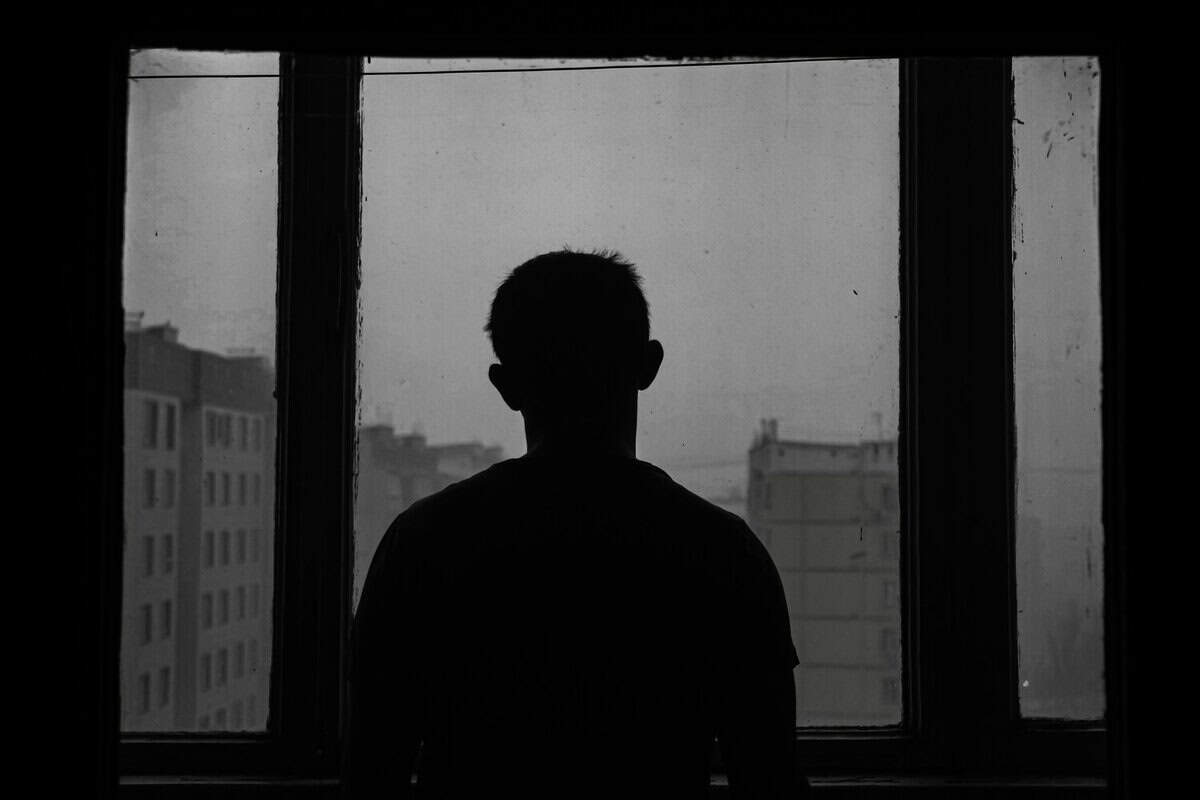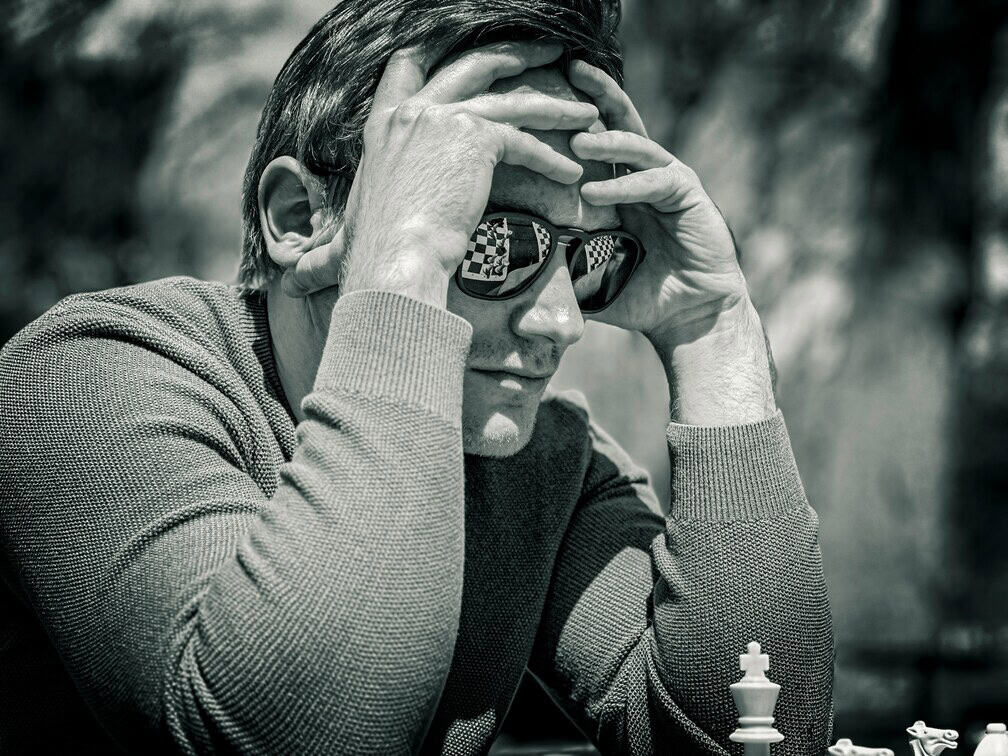Growing up can be tough, and some people carry their childhood wounds into adulthood in ways that can really mess up their lives and relationships.
If you’ve ever wondered why a man acts out in certain ways, it’s often rooted in unresolved childhood pain.
These habits aren’t just quirks; they’re unhealthy, and often a shield that keeps him from facing the real issue.
1. Exploding Over Small Things
Some men have a temper that flares over seemingly insignificant stuff. They’re constantly walking on a thin line, ready to explode over the tiniest issue.
This explosive anger isn’t just about the moment; it’s a deep-seated reaction to feeling unheard and out of control.
Childhood wounds often leave people feeling powerless, so they lash out as a way to gain some sense of dominance or control.
This habit is their defense mechanism, but it’s also completely destructive – not just for them, but for everyone around them.
If he’s exploding in anger over every little thing, chances are he’s still battling the chaos from his past, and it’s spilling out in unhealthy ways.
2. Silent Treatment
When things get uncomfortable, some met shut down completely. Instead of facing problems head-on, they retreat behind silence or distraction.
They have a habit of avoiding emotional pain and vulnerability.
Childhood wounds often teach people that expressing feelings isn’t safe, so they learn to shut down instead.
This silence creates a wall, making it nearly impossible for partners to connect or resolve issues.
It’s a defense mechanism rooted in fear of being hurt, rejected, or overwhelmed.
If he goes quiet whenever things get tough, he’s still fighting those childhood battles, and it’s holding him back from true growth.
3. The Control Freak
Some people tend to lose it when things do go exactly as they want.
They need control, or they freak out – throwing tantrums, sulking, or starting fights until they get their way.
This isn’t just a habit or stubbornness; it’s a childhood wound manifesting as a need for safety and predictability.
When control is threatened, it triggers feelings of helplessness from the past.
These men often grew up in unstable environments or with unpredictable caregivers, so they cling to control as a way to feel secure.
However, this behavior pushes others away and keeps them stuck in their wounded mindset.
If he’s throwing fits over minor setbacks, he’s still battling those childhood fears.
4. Passive-Aggressive Behavior
Many men avoid conflict altogether, but instead of confronting issues directly, they become passive-aggressive.
They might resort to silent treatment, sarcasm, or subtle digs to express their frustration.
This habit stems from childhood wounds where expressing genuine feelings was unsafe or punished.
So, instead of facing discomfort, they hide behind silence or sarcasm, which only prolongs the problem. It’s a way of asserting power without risking vulnerability.
However, this passive-aggressiveness damages trust and intimacy, and keeps relationships superficial.
If he’s avoiding confrontation yet always being resentful, his childhood wounds prevent him from handling disagreement in a mature way.
5. Needing to Always Be Right
Some men cope with emotional vulnerability by hiding behind their intelligence or knowledge of trivia, and they always have to be right.
It’s easier to argue facts than feelings, and being in the right gives them a false sense of control.
This habit often masks deep insecurities rooted in childhood wounds.
If he can prove he’s smart or correct, he doesn’t have to deal with his emotions. It’s a defense mechanism that keeps others at arm’s length.
It also prevents real intimacy, because you can’t truly connect with someone who’s more interested in winning arguments than sharing feelings.
If he always has to be the smartest person in the room, he’s still avoiding his own emotional needs.
6. The Performer
Some men act like they’re always on stage; they’re always charming, funny, and the life of the party.
These people crave attention because deep down, they’re terrified of being seen as “ordinary.”
Childhood wounds can make them feel insignificant or invisible, so they perform to get validation.
This habit of constantly seeking approval gets exhausting quickly, but it’s a defense mechanism to hide feelings of inadequacy.
They’d rather be the center of attention than risk being vulnerable or real.
If he’s always performing, he’s still living under the fear that if he’s not special, he’s nothing.
7. Turning His Partner into His Mother
Some men unconsciously turn their partners into emotional caregivers or even parental figures.
They may expect a woman to fix their problems, soothe their ego, or meet their needs like a mother would.
This habit comes from childhood wounds where their needs weren’t properly met or they lacked emotional support.
Instead of growing up and taking responsibility, they seek someone else to do it for them. It puts enormous pressure on the partner and creates an unhealthy dynamic.
If he’s turning his partner into a parent figure, he’s still fighting childhood wounds of neglect or emotional unavailability.
He’s avoiding to learn how to self-soothe and take responsibility for his own feelings.
8. Dopamine Hits and Instant Gratification
Many men chase quick hits of dopamine to numb emotional pain, like gambling, social media, or adult content. It’s a way for them to avoid facing themselves.
These quick fixes give temporary relief, but they also deepen feelings of emptiness and disconnection.
This habit is a form of emotional self-harm that keeps them stuck in a cycle of avoidance.
Instead of working through their pain, they seek fleeting pleasure, which only reinforces their fear of facing the real issues.
If he’s constantly chasing the high, he’s still running from the wounds that need healing.
9. The Hopeless Romantic
Being a hopeless romantic doesn’t sound half bad. These men talk about great love, they do grand gestures, and promise you a fairytale.
But many of these same men refuse to do the practical, often uncomfortable work needed to keep a relationship healthy.
They have a habit of romanticizing the idea of love but avoiding real commitment, real effort, or emotional growth.
Childhood wounds make them fear deep connection because it requires vulnerability.
They prefer the fantasy and the chase over the messy work of building something real.
If he’s all about the romance but avoids real relationship work, he’s still hiding from the pain that can come with true intimacy and growth.
10. Avoidance of Commitment
Many men reject anything that requires actual responsibility – structure, commitment, and emotional growth – and they call it freedom.
However, it’s just avoidance.
They fear that growing up means losing their independence. So instead, they cling to a life of chaos and superficial fun.
But true freedom is found in avoiding responsibility, but in embracing it.
If he shies away from commitment and sees it as a trap, he’s still carrying childhood wounds that make him believe he’s safer in the chaos.
Until he faces those wounds and stops running from growth, he’ll continue to miss out on real connection and fulfillment.
A little Aquarius, devoted to writing and embroidery. Through my writing, I hope to empower readers to align with their true selves and navigate life’s mysteries with confidence.











